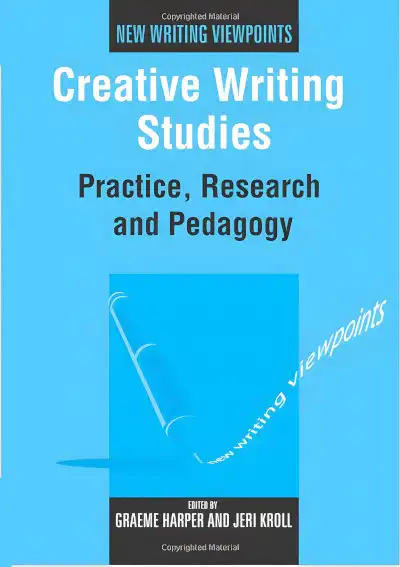
‘A enir cenedl ar unwaith?’
News from Rob Mimpriss
7th February 2022: A British Triad?
Among the pleasures of reading Welsh literature is Ellis Wynne’s eighteenth-century prose classic, The Sleeping Bard (Y Bardd Cwsc). Written under the influence of Bunyan’s, Dante’s and Milton’s religious epics, and more especially of Francisco de Quevedo’s satirical visions, the book’s three visions of the world, death and hell express a distinctively Welsh perspective on the rise of capitalism and the British state shortly before Scotland is compelled to join the union. Streaked with an earthy comedy, and with cheerfully sadistic descriptions of the damnation of petty crooks and powerful oppressors, the book expresses a powerful rejection of economic inequality, of inherited titles and wealth, and of military conquest.
The book is a staple of Welsh literature courses, and has been translated into English by George Borrow, by Robert Gwyneddon Davies, and most recently by the seminal poet and scholar, T. Gwynn Jones. This last rare translation was recently republished by Cockatrice Books, making it available and affordable to the public. I wrote an introduction reflecting (as with to introduction to my own translation of Morgan Llwyd’s classic, A Book of Three Birds) on its treatment of ideas of Britishness in the light of Brexit.
All news
Featured Posts
Books by Rob Mimpriss
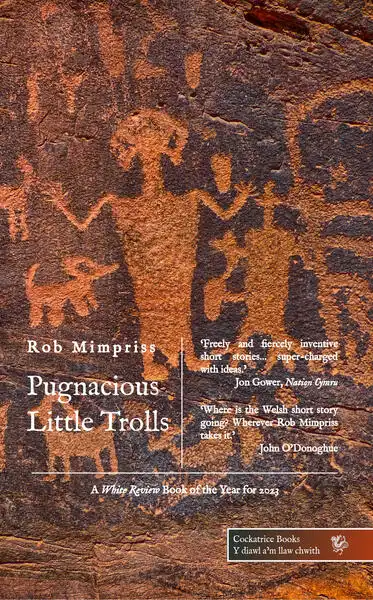
Pugnacious Little Trolls
‘freely and fiercely inventive short stories… supercharged with ideas.’
Jon Gower, Nation Cymru
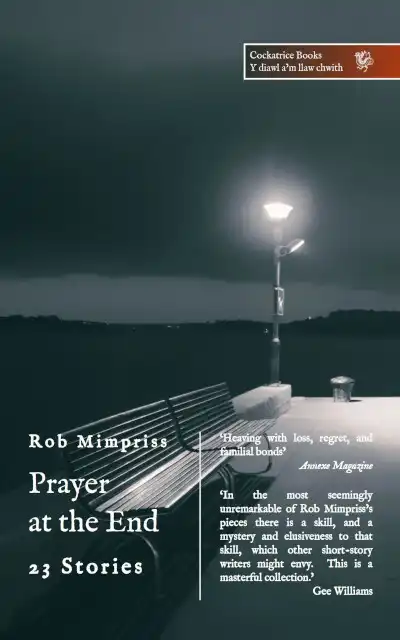
Prayer at the End: Twenty-Three Stories
‘heaving with loss, regret and familial bonds.’
Annexe Magazine

For His Warriors: Thirty Stories
‘sketched with a depth and sureness of touch which makes them memorable and haunting.’
Caroline Clark, gwales.com

Reasoning: Twenty Stories
‘dark, complex, pensively eloquent’
Sophie Baggott, New Welsh Review
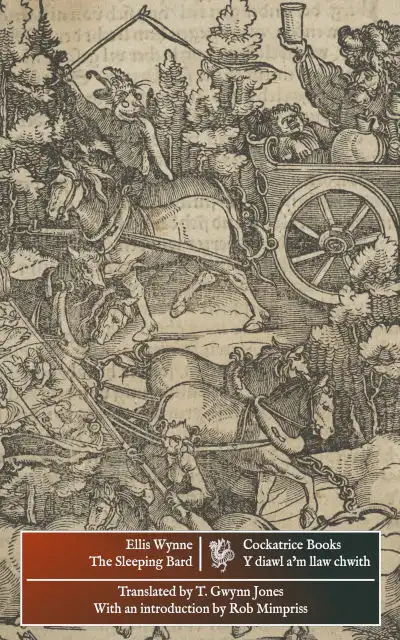
The Sleeping Bard: Three Nightmare Visions of the World, of Death, and of Hell
Translated by T. Gwynn Jones, with an introduction by Rob Mimpriss.
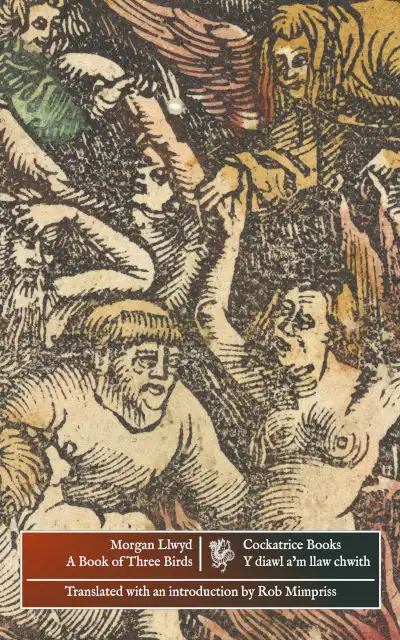
A Book of Three Birds
‘Lucid, skilful, and above all, of enormous timely significance.’
Jim Perrin

Dangerous Asylums
‘In this exemplary collaboration between medical science and imagination, lives preserved in official records, in the language and diagnoses of their times, are restored not just to light, but to humanity and equality. This anthology is a resurrection.’
Philip Gross
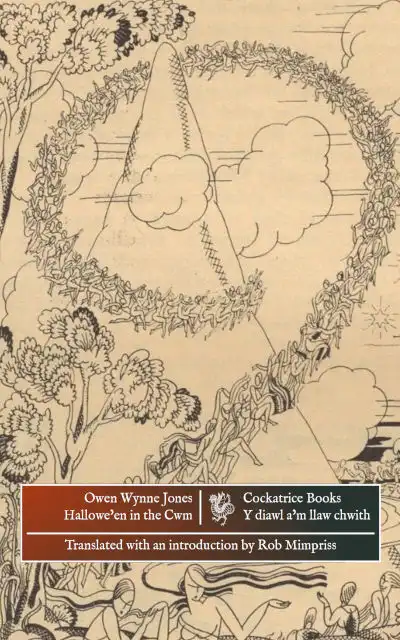
Hallowe’en in the Cwm: The Stories of Owen Wynne Jones
‘An invaluable translation.’
Angharad Price
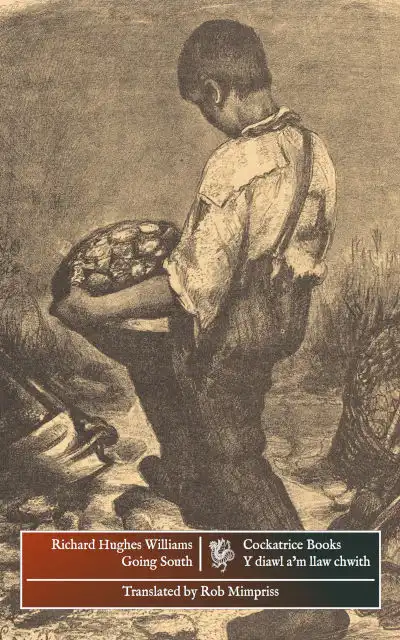
Going South: The Stories of Richard Hughes Williams
Translated by Rob Mimpriss, with an introduction by E. Morgan Humphreys



